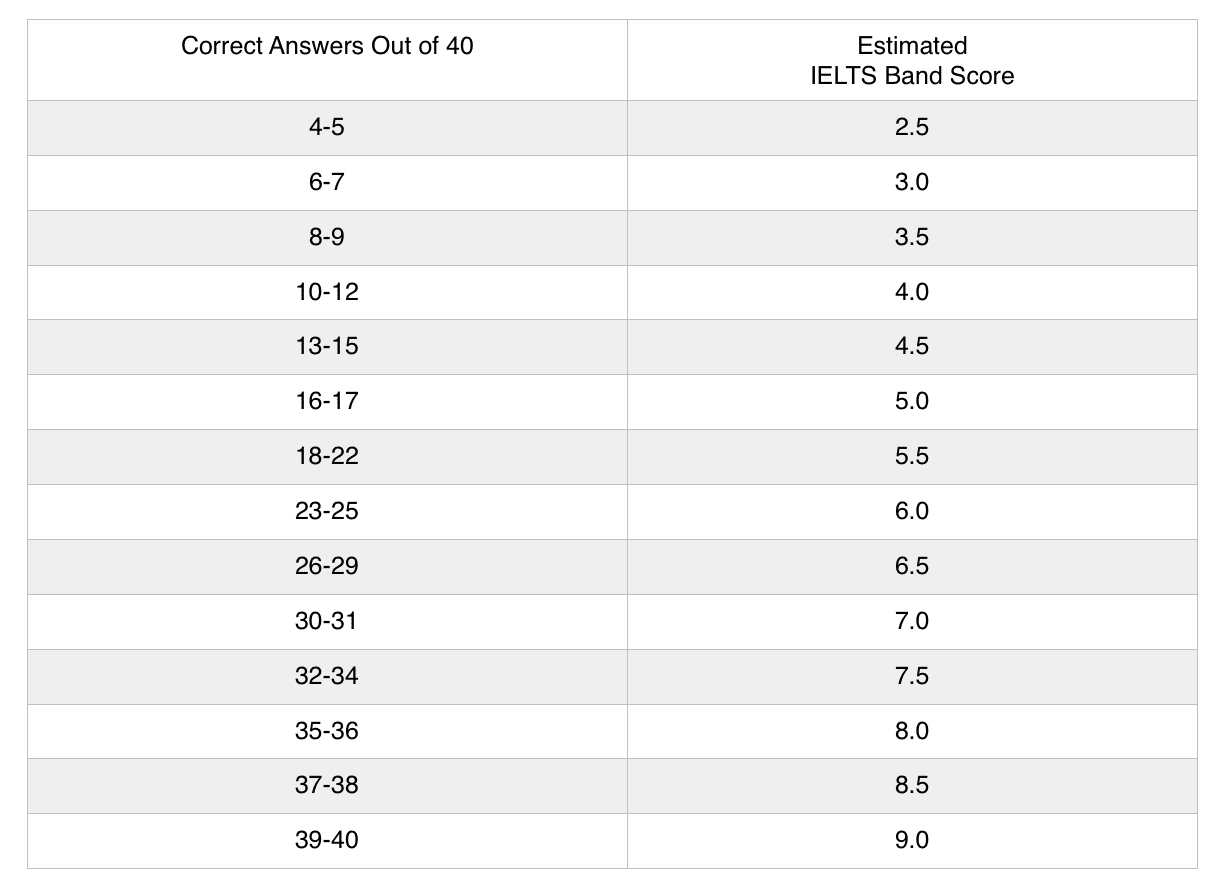When it comes to taking the IELTS exam, understanding the scoring system is crucial for test takers. The International English Language Testing System (IELTS) is one of the most widely accepted English language proficiency tests in the world, used for study, work, and migration purposes. Knowing how the scoring works can help candidates prepare effectively and achieve their desired results.
The IELTS exam is scored on a scale of 0 to 9, with each band representing a different level of English proficiency. The scores are divided into four sections – Listening, Reading, Writing, and Speaking. Test takers receive a band score for each section, as well as an overall band score which is the average of the four individual scores.
For each section of the IELTS exam, test takers are awarded a band score ranging from 0 to 9. The scores are calculated based on the number of correct answers and the level of performance demonstrated by the candidate. The overall band score is then calculated by averaging the four individual scores, rounding to the nearest half band if necessary.
It is important to note that there is no passing or failing score in the IELTS exam. The band scores indicate the level of English proficiency of the test taker, with Band 9 representing an expert user and Band 1 indicating a non-user. Most universities and organizations have specific band score requirements for admission or employment, so it is essential for candidates to aim for the score that meets their individual goals.
Test takers can access their IELTS scores online or receive a hard copy of the Test Report Form (TRF) by mail. The TRF includes the individual band scores for each section as well as the overall band score. Candidates can also request additional copies of their TRF to be sent to institutions or organizations for a fee.
In conclusion, understanding the IELTS scoring system is crucial for test takers who are preparing for the exam. By familiarizing themselves with the scoring criteria and setting realistic score goals, candidates can effectively prepare for the IELTS exam and increase their chances of achieving their desired results.
